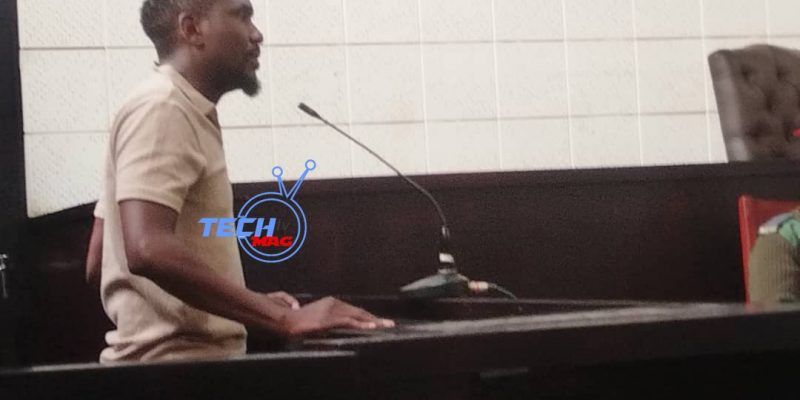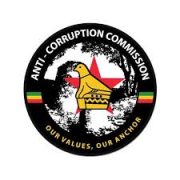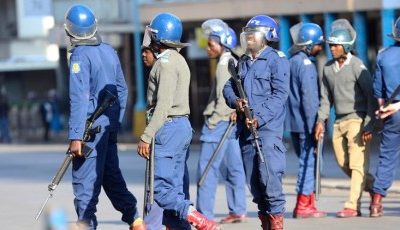The state’s case against journalist Blessed Mhlanga took an unexpected turn in court when the lead investigating officer, Detective Chief Inspector J. Chitambira of the Counter-Terrorism Unit, struggled to justify why a journalist was being treated as a security threat.
Chitambira, who took the witness stand, faced intense questioning from the defense regarding the legality of Mhlanga’s detention and the nature of the charges. Despite the state alleging that Mhlanga transmitted a data message to incite violence, the officer could not provide clear answers on how journalism had become a crime.
When defense lawyer Chris Mhike asked whether Mhlanga was a terrorist, Chitambira hesitated before responding, “I don’t know if he is a terrorist.” Pressed further on why a counter-terrorism expert was assigned to a case involving journalism, he vaguely replied, “These are just administrative assignments.”
By Ruvarashe Gora
The courtroom exchange exposed what legal analysts say is a troubling pattern of law enforcement using national security laws to silence journalists. “What has been criminalized is free expression,” argued Mhike. “Journalism is merely the transmission of information. If you criminalize transmitting information, you are attacking the very fabric of what makes journalism.”
Chitambira’s testimony also revealed inconsistencies in the state’s case. When asked what crime Mhlanga had committed, he stated, “He transmitted data.” However, when questioned further, he admitted that Mhlanga did not own YouTube, the platform where the alleged content was shared. He also acknowledged that HSTV, an independent media house, was responsible for the broadcast, raising doubts about why Mhlanga was personally facing charges.
The defense further challenged the state’s justification for denying bail, arguing that Mhlanga had not interfered with witnesses or attempted to evade arrest. Instead, he had voluntarily walked into the police station for questioning. “The police first claimed he was on the run,” Mhike said. “Then, when he presented himself, they detained him without justifying why.”
Legal experts say the case reflects a broader failure by law enforcement to follow due process. Section 50 of the Constitution entitles accused persons to humane treatment and immediate release unless compelling reasons exist for continued detention. However, Mhlanga was held under harsh conditions, without food, water, or a proper bed.
The police’s handling of the case raises serious questions about their priorities. Instead of investigating actual threats, critics argue, law enforcement appears more focused on silencing the press.










Comments